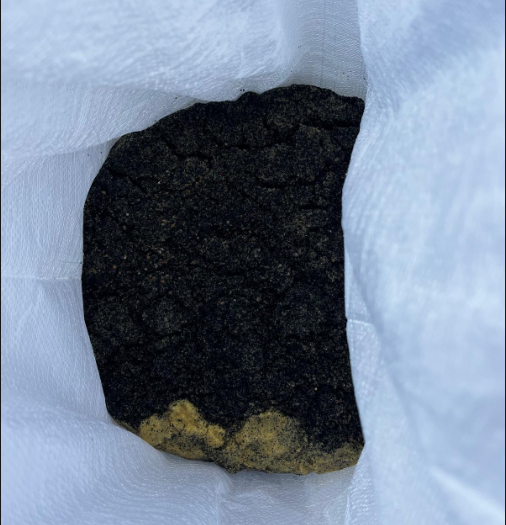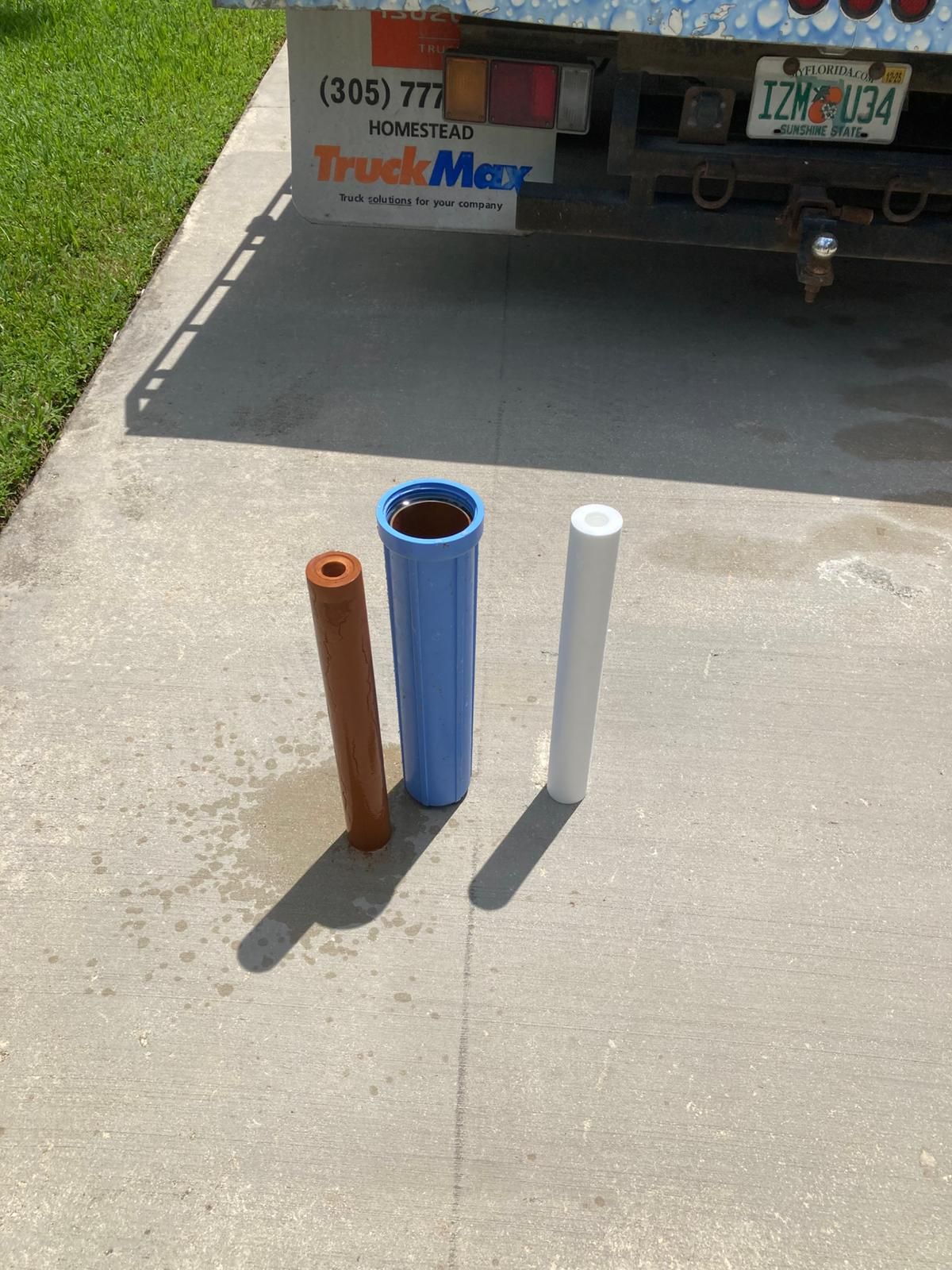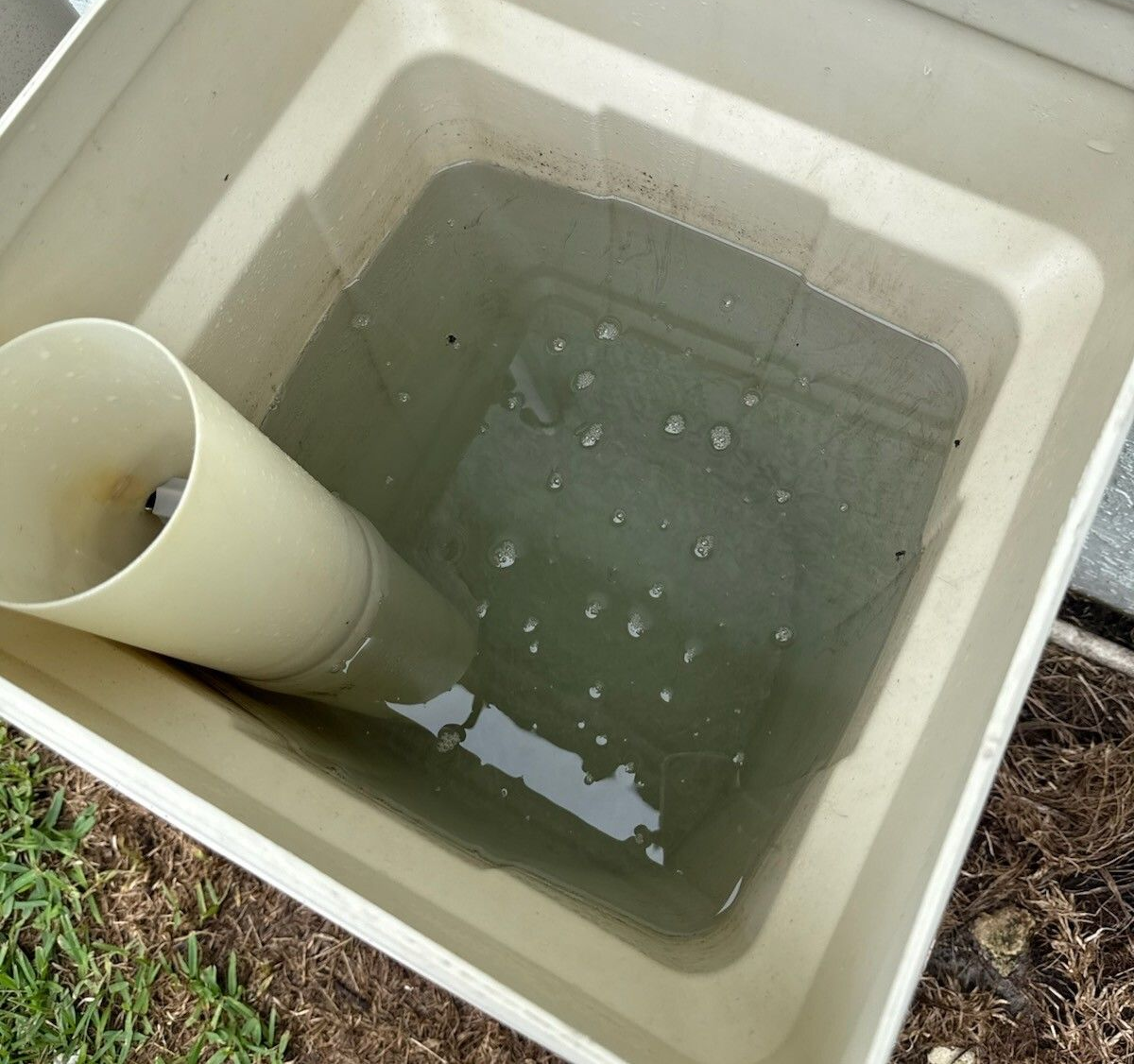How to Pick Reputable Water Filtration Companies to Work With
Whether you're a dealer, reseller, or installer, align yourself with brands that offer quality and support:
Key Criteria:
- Certifications: Look for products certified by NSF/ANSI, WQA, or other third-party labs.
- Transparency: Manufacturers who publish their specs, resin/media types, service flow rates, and test results.
- Support & Warranty: Choose companies that offer solid warranties, tech support, and easy access to parts.
- Custom Engineering: Work with vendors that offer custom configurations for different water qualities.
- Reputation: Check reviews, Better Business Bureau ratings, and references from other installers.
Water Pro:
- Offer a free water test or site visit.
- Compare the media types (e.g., your certified resin vs. their no-name resin).
- Explain longevity: “Our resin lasts 10+ years; theirs may fail in 2–3.” (below example with pictures)
- Explain proper sizing: “We size systems to avoid pressure loss and ensure full softening capacity.
Consider using a comparison sheet that shows key differences in:
- Resin quality
- Valve brand
- Flow rates
- Warranty
- Maintenance costs over 5–10 years
Final Tip: “The Cheap Comes Out Expensive
Top Red Flags for Cheater Water Filtration Companies
1. No Certifications or Fake Certifications
- Claims like “NSF-certified system” with no proof
- Real companies provide NSF, WQA, or IAPMO certification documents with model numbers clearly listed.
Red Flags:
- No labels or logos on equipment
- Certificates are outdated, fake, or don’t match the actual system
- Claiming “NSF-certified media” when only one component is certified, not the full system
2. Suspiciously Low Prices
"Too good to be true" usually means cheap resin, knock-off parts, or shortcut installs.
Red Flags:
- Whole-house softener or RO system offered at a price lower than just the raw cost of genuine materials
- Free installation that’s rushed, incomplete, or missing critical steps (e.g., no gravel bed, no bypass valve)
3. No Water Testing or Fake Testing
A real company tests before quoting and shows data.
Red Flags:
- Skips actual testing, relies on scare tactics
- Uses “magic pen” tests or fake electrolysis demos to alarm customers
- Makes false claims like "your water is toxic" without lab verification
4. Overpromising
Any system that "does it all" is usually a scam.
Red Flags:
- Claims one small unit softens, filters, removes bacteria, AND adjusts pH—without explaining how
- Says filters last “forever” or 10+ years without maintenance
- No mention of flow rate limitations or regular servicing
5. Pushy or Shady Sales Tactics
Good companies don’t pressure. They educate.
Red Flags:
- One-call closers or high-pressure door-to-door sales
- Offers "today only" discounts to rush decisions
- Won’t provide specs, pricing, or documentation until after contract is signed
6. No Warranty or Support
Real companies offer at least 5–8 years on tanks/valves.
Red Flags:
- Vague or no warranty info
- No local tech support or service plans
- Hard to reach after install (or ghosts after payment)
7. Online Reviews Look Fake or Are Missing
Honest businesses have traceable, mixed reviews over time.
Red Flags:
- Only 5-star reviews, all posted in the same week
- Only sales reviews and no repairs/warranties
- No reviews at all
- Complaints about system failures or bad service within 6–12 months
Example:
1. Carbon Resin Isn't Designed for Ion Exchange
Water softeners use ion exchange resin (usually a sulfonated polystyrene resin) to remove calcium and magnesium ions and replace them with sodium or potassium.
- Carbon resin, on the other hand, is typically used for removing chlorine, chloramines, taste, and odor, not hardness minerals.
- It does not soften water and cannot effectively replace calcium and magnesium ions.
2. Regeneration Issues
Carbon resin is not designed to be regenerated the way softener resin is.
- Water softeners use a salt brine to regenerate resin.
- Carbon resin can be damaged by brine, reducing its effectiveness and lifespan.
- This can lead to clogging, reduced flow, or ineffective filtration/softening.
3. Premature Resin Fouling and Channeling
If you combine carbon resin with softening resin in the same tank:
- The carbon can degrade, causing fines (tiny particles) that clog plumbing and damage valves.
- It may also cause channeling, where water bypasses the resin bed entirely, making the system ineffective.
4. Cross-Contamination and Inefficiency
Mixing two types of resin with different functions leads to:
- Poor performance of both (softening and filtration).
- Shortened media lifespan.
- Wasted salt during regeneration, since carbon doesn't regenerate with salt.
Mix-media Carbon with water softener resin

Half of the product in the tank (1/4 of carbon and 1/4 water softener)




